Space Forensic Analyst (SFA)™
Learn about SFA program
- Length: 2 days
- Instructor led
- Online, onsite and Live online
Space Forensic Analyst (SFA)™
The Space Forensic Analyst (SFA)™ Certification by Tonex and IS4 is a comprehensive program designed to equip professionals with the specialized skills needed to conduct forensic investigations in the realm of space-related activities. Participants will gain a deep understanding of space systems, satellite technologies, and the intricacies of space-based incidents, preparing them to navigate the unique challenges of space forensics.
This certification delves into the intricacies of space technologies, equipping participants with the skills to navigate space incidents and cyber threats unique to the celestial sphere. With a focus on satellite technologies, legal considerations, and advanced digital evidence collection methodologies, the SFA™ certification ensures participants gain a comprehensive understanding of space forensics.
By completing this program, individuals will be prepared to analyze space-based incidents, preserve digital evidence in microgravity environments, and comply with the complex legal and regulatory frameworks governing space activities. The SFA™ certification not only validates one’s expertise in space forensics but also signifies a commitment to staying at the forefront of this rapidly evolving field.
Learning Objectives:
- Acquire in-depth knowledge of space technologies and their forensic implications.
- Develop proficiency in analyzing space-based incidents and identifying potential threats.
- Learn advanced techniques for collecting, preserving, and analyzing digital evidence in the space domain.
- Understand the legal and regulatory framework surrounding space activities and forensics.
- Gain hands-on experience with cutting-edge tools and methodologies specific to space forensic investigations.
- Attain the SFA™ certification, validating expertise in space forensics.
Audience: This certification is tailored for professionals in the fields of cybersecurity, digital forensics, aerospace engineering, and law enforcement. It is suitable for individuals seeking to specialize in the emerging field of space forensics, ensuring they can respond effectively to incidents in the space domain.
Course Outline:
Module 1: Introduction to Space Forensics
- Space Forensics Fundamentals
- Incident Response in the Space Domain
- Case Studies in Space Forensics
- Emerging Trends in Space Incidents
- Ethical Considerations in Space Forensic Investigations
- Role of SFA™ in Advancing Space Forensics
Module 2: Space Systems and Satellite Technologies
- Satellite Communication Architectures
- Space-Based Navigation Systems
- Orbital Mechanics and Forensics
- Remote Sensing Technologies
- Space Weather and its Impact on Forensics
- Satellite Vulnerabilities and Threats
Module 3: Digital Evidence Collection in Space
- Forensic Acquisition of Space-Based Data
- Challenges in Retrieving Digital Evidence from Space Systems
- Data Preservation in Microgravity Environments
- Analyzing Spacecraft Data Storage
- Cybersecurity Threats in Space
- Chain of Custody in Space Forensic Investigations
Module 4: Legal and Regulatory Considerations
- International Space Law Overview
- National and Regional Regulatory Frameworks
- Liability Issues in Space Incidents
- Jurisdictional Challenges in Space Forensics
- Privacy Concerns in Space Forensic Investigations
- Compliance with Space Exploration Agreements
Module 5: Advanced Tools and Methodologies
- Forensic Tools for Analyzing Space-Based Systems
- Cryptographic Techniques in Space Forensics
- Data Recovery from Spacecraft Systems
- Network Forensics in Space
- Simulation Tools for Space Forensic Training
- Best Practices in Space Forensic Methodologies
SFA™ Certification Exam Preparation
- Review of Key Concepts and Terminologies
- Practice Exam Simulations
- Test-Taking Strategies for the SFA™ Exam
- Feedback and Q&A Sessions
- Resource Recommendations for Further Study
- Importance of Continuous Professional Development in Space Forensics
Exam Domains:
- Space Environment and Dynamics
- Satellite Technologies and Operations
- Space Debris and Collision Avoidance
- Orbital Mechanics and Trajectory Analysis
- Forensic Investigation Techniques in Space
- Legal and Ethical Considerations in Space Forensics
Question Types:
- Multiple Choice: Assessing knowledge of key concepts, principles, and terminology related to space forensic investigation.
- Scenario-based Questions: Presenting realistic scenarios to test the candidate’s ability to apply forensic techniques and principles in space environments.
- Case Studies: Analyzing and interpreting complex data from space incidents to identify causes, responsibilities, and preventive measures.
- Practical Exercises: Hands-on tasks or simulations to demonstrate proficiency in using forensic tools and methodologies for space investigations.
- Essay Questions: Evaluating the candidate’s understanding of legal and ethical issues in space forensic investigations and their ability to articulate solutions.
Passing Criteria:
Candidates must achieve a minimum passing score in each exam domain to become certified as a Space Forensic Analyst. The passing score and weighting of each domain may vary, ensuring a comprehensive assessment across all aspects of space forensic investigation. Additionally, candidates may be required to demonstrate practical skills through simulated scenarios or case studies to ensure readiness for real-world applications.
Need help? Contact us
